Premier League Star Reportedly Considering Legal Action Against FA After Collapsed Manchester City Transfer
The twists and turns of Lucas Paquetá’s career took yet another dramatic turn this week. According to emerging reports, the West Ham United midfielder is considering suing the Football Association (FA) over the collapse of his blockbuster transfer to Manchester City in 2023. The reason? The long-running betting probe that hung over him for more than a year, effectively blocking what should have been the defining move of his career.
Now that the investigation has reportedly concluded without sanction, Paquetá is said to be weighing his legal options. The prospect of litigation against the governing body not only highlights the personal and financial cost of stalled transfers but also poses larger questions about due process, player rights, and the enormous pressures of modern football.
—
The Transfer That Never Happened
Back in the summer of 2023, Lucas Paquetá was Pep Guardiola’s top target. City had identified the Brazilian as the perfect complement to Kevin De Bruyne and Rodri, a creative yet industrious midfielder capable of breaking lines and contributing goals.
A deal worth around £80 million was reportedly close, with personal terms agreed. Then, just as the final stages of negotiation loomed, the news broke: the FA had opened a formal investigation into alleged betting activity linked to Paquetá’s name. Suddenly, everything stopped.
Manchester City, unwilling to risk such a high-profile signing amid disciplinary uncertainty, pulled out of talks. West Ham, caught in the middle, were left with a disgruntled player who had been on the brink of the biggest opportunity of his career.
—
The Cost to Paquetá
For Paquetá, the implications of that failed transfer were enormous. Professionally, he missed out on joining the reigning Premier League and Champions League winners — a platform that could have elevated him into the global elite. At City, he would have competed for major honours and gained visibility on the grandest stage.
Financially, the lost move likely cost him tens of millions. A contract at City would have dwarfed his West Ham wages, while sponsorships and endorsements tied to a club of City’s stature would have multiplied his earning power.
Psychologically, too, the saga has been draining. For over a year, Paquetá lived under the shadow of suspicion, his reputation questioned and his career trajectory disrupted. To emerge without sanction after such a period of limbo may feel, to him and his representatives, like an injustice worthy of legal redress.
—
The FA’s Position
From the FA’s perspective, the decision to investigate was rooted in integrity. Betting regulations are a sensitive and heavily policed area of modern football. Even the appearance of impropriety can damage the sport’s credibility.
However, Paquetá’s potential case would likely hinge on questions of proportionality and timing. Did the FA act too slowly in reaching a conclusion? Did they adequately weigh the collateral impact on the player’s career while pursuing the investigation? Could they have handled communication differently, allowing the transfer to proceed under conditional clauses rather than collapsing outright?
If Paquetá can demonstrate that the FA’s conduct caused undue harm beyond what was necessary, a legal challenge may have teeth.
—
Precedents and Legal Complexities
Litigation against football authorities is not unprecedented, but it is fraught with difficulty. Governing bodies often enjoy broad regulatory powers, and players are typically bound by strict participation agreements. Courts tend to avoid interfering in matters considered to fall under sporting jurisdiction unless there is clear evidence of procedural unfairness or negligence.
Paquetá’s team would likely frame their case around loss of earnings and damage to reputation, arguing that the FA’s handling of the case effectively sabotaged his career progression. They may also highlight how long it took for the probe to conclude, raising questions about due diligence and efficiency.
Yet proving causation — that City would definitively have signed him but for the FA’s actions — may be challenging. Transfers are complex, subject to multiple factors, and City could argue that they had other concerns.
—
Manchester City’s Angle
For Manchester City, the Paquetá saga was a rare case of a deal gone wrong. Guardiola openly admired the Brazilian, but the uncertainty was incompatible with City’s meticulous planning. By the time the dust settled, City had moved on to other targets.
If Paquetá now sues, City may be called upon to provide evidence about the status of negotiations. Were they truly ready to finalise? Did the FA’s investigation directly halt proceedings? Their testimony could prove critical in establishing the chain of events.
Ironically, City themselves might sympathise with Paquetá’s frustration. After all, they too lost out on a transfer that could have strengthened their squad.
—
West Ham’s Delicate Position
West Ham, meanwhile, have been both beneficiaries and victims of the situation. On one hand, they retained a top-class midfielder who helped them remain competitive in the Premier League. On the other, they lost the chance to bank a record-breaking transfer fee.
Should Paquetá pursue legal action, the Hammers may find themselves entangled as witnesses. Their perspective on how advanced negotiations were, and whether they believed the FA’s intervention directly killed the deal, could shape the case.
—
Wider Implications for Football Governance
The Paquetá case, if it escalates to court, could set a powerful precedent. It raises fundamental questions:
Do football authorities have a duty of care to protect players’ careers while investigating misconduct?
Should investigations be fast-tracked when they have immediate commercial consequences?
Could governing bodies face financial liability for the collateral damage of delayed or inconclusive probes?
If Paquetá were successful, it might embolden other players to challenge football institutions more aggressively, potentially reshaping the balance of power between individuals and regulators.
—
The Human Story Behind the Headlines
Beyond legalities, the Paquetá saga is a deeply human story. A player who fought his way from Brazil to Europe, proved himself in Ligue 1, and then thrived at West Ham now feels he was robbed of his dream move not by form or fitness, but by bureaucracy.
To hear that he is considering suing the FA reflects both his frustration and his determination to reclaim some measure of justice. For a footballer in his prime, time is precious. Opportunities lost are rarely regained.
—
What Happens Next?
Whether Paquetá ultimately proceeds with legal action remains to be seen. Litigation is costly, protracted, and unpredictable. He may instead use the threat of a lawsuit as leverage for an out-of-court settlement, or as a way of pressuring the FA into reforming its investigative processes.
For now, he remains a West Ham player, but the echoes of his failed move to Manchester City continue to reverberate. If he does pursue legal redress, the case could shape not only his own career but also the future of football governance in England.
—
Conclusion: A Clash Between Career and Regulation
Lucas Paquetá’s reported consideration of suing the FA encapsulates the clash between individual careers and institutional governance. On one side is a player whose trajectory was derailed, whose dream move evaporated in a haze of suspicion. On the other is an organisation tasked with safeguarding the integrity of the sport, even at the expense of personal fortunes.
Whether or not the case makes it to court, the debate it sparks is vital. How can football strike the balance between protecting its reputation and protecting its players? How can investigations be thorough without becoming career-destroying delays?
For Paquetá, these are not abstract questions. They are the lived reality of a player who feels his prime years have been altered by forces beyond his control. If his voice leads to reform, his personal frustration may yet serve a broader purpose.
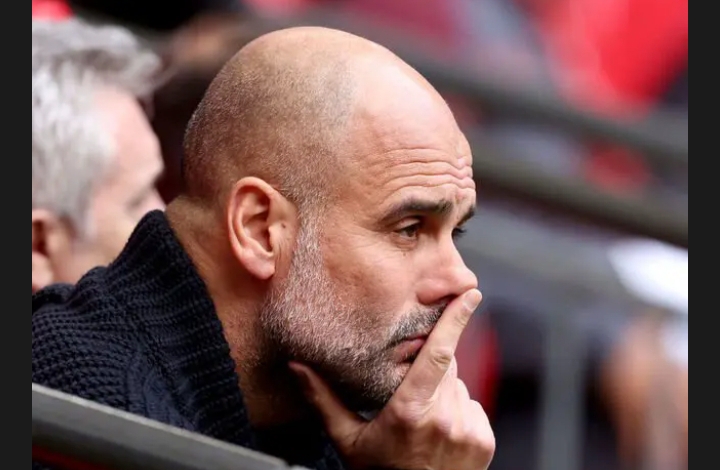
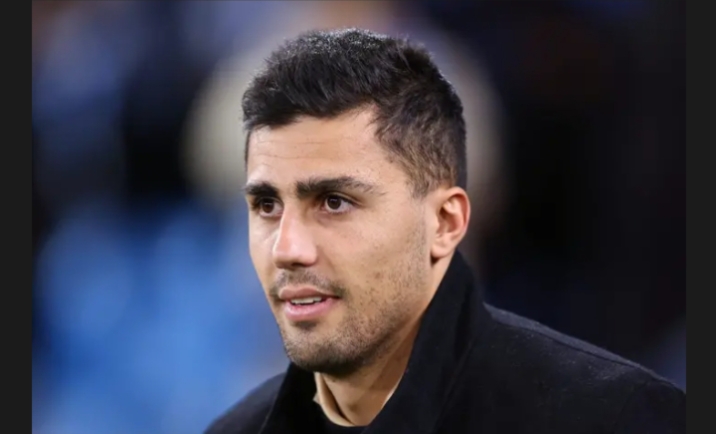
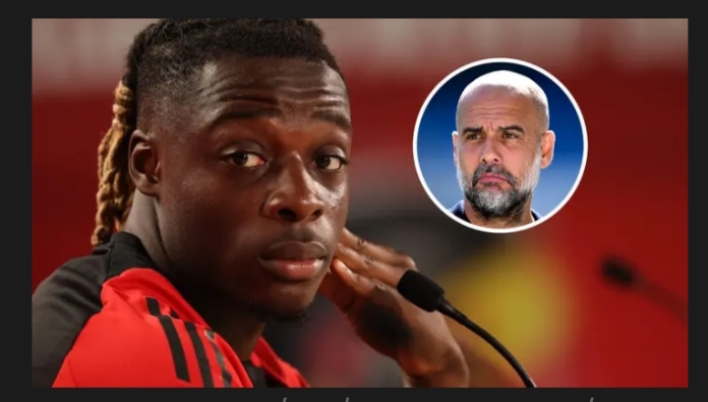
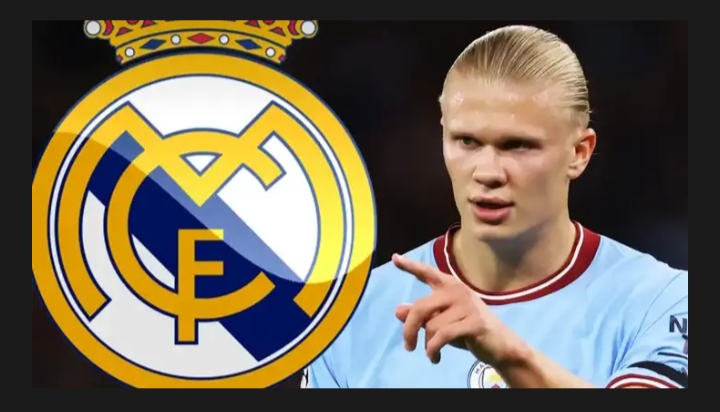
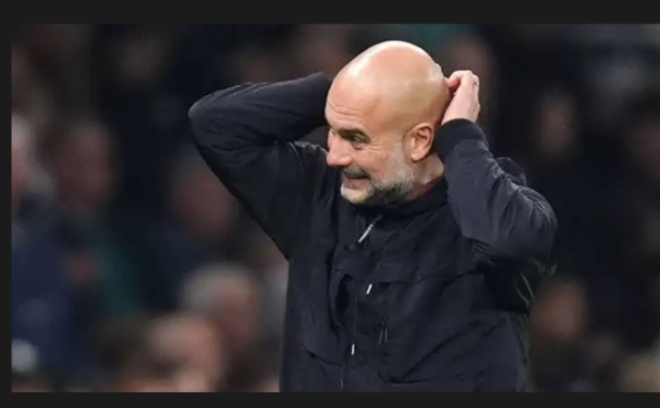
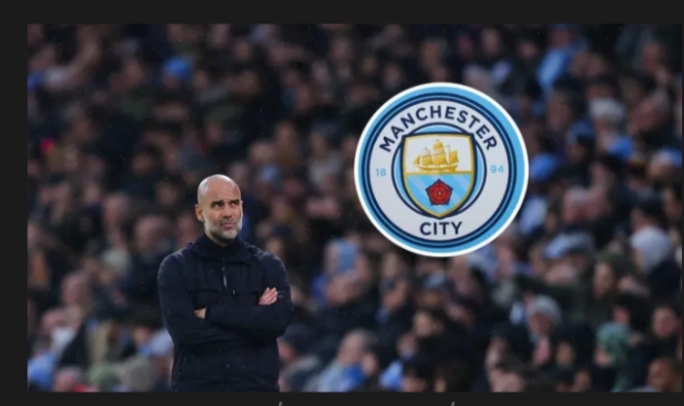
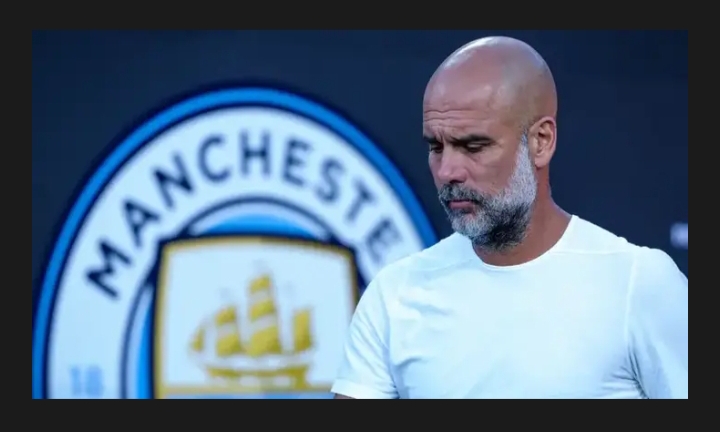
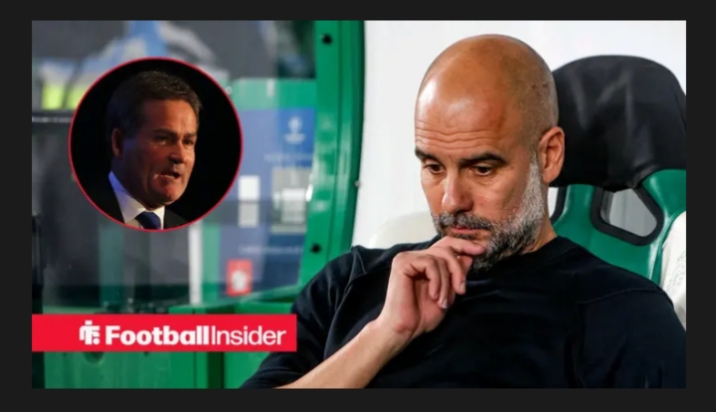
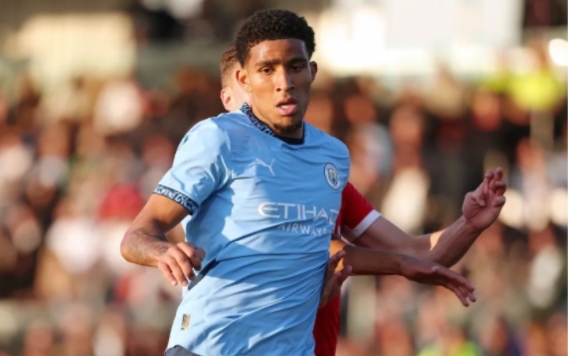
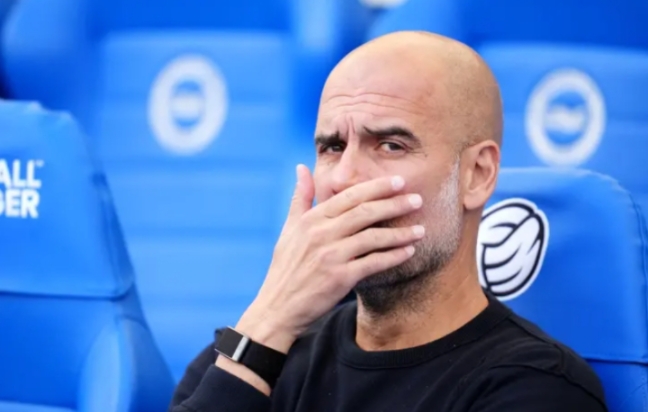


Leave a Reply